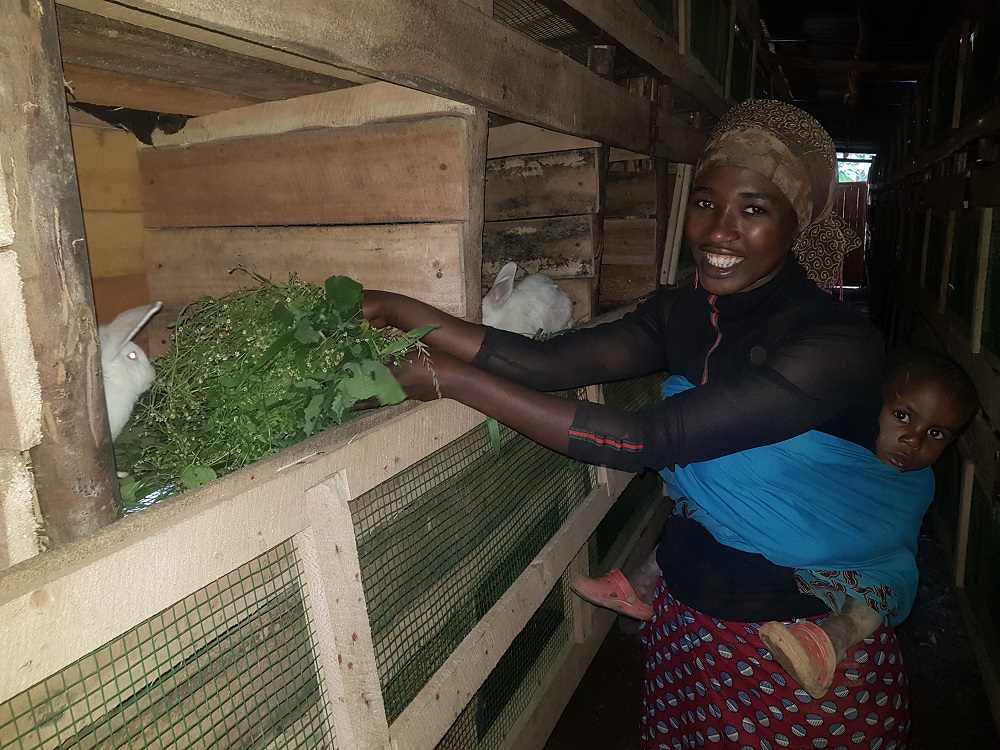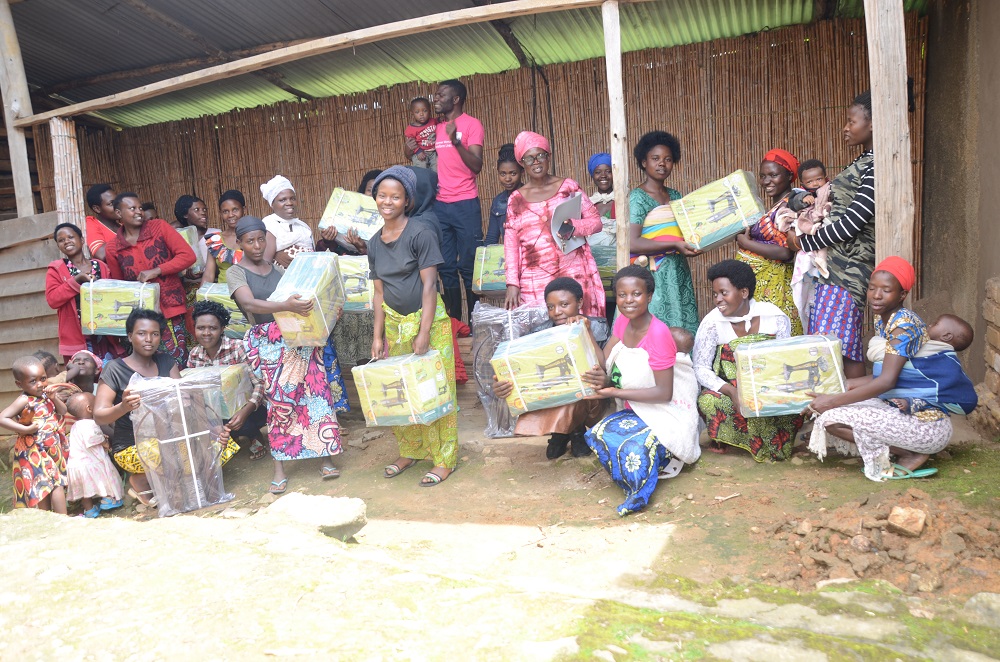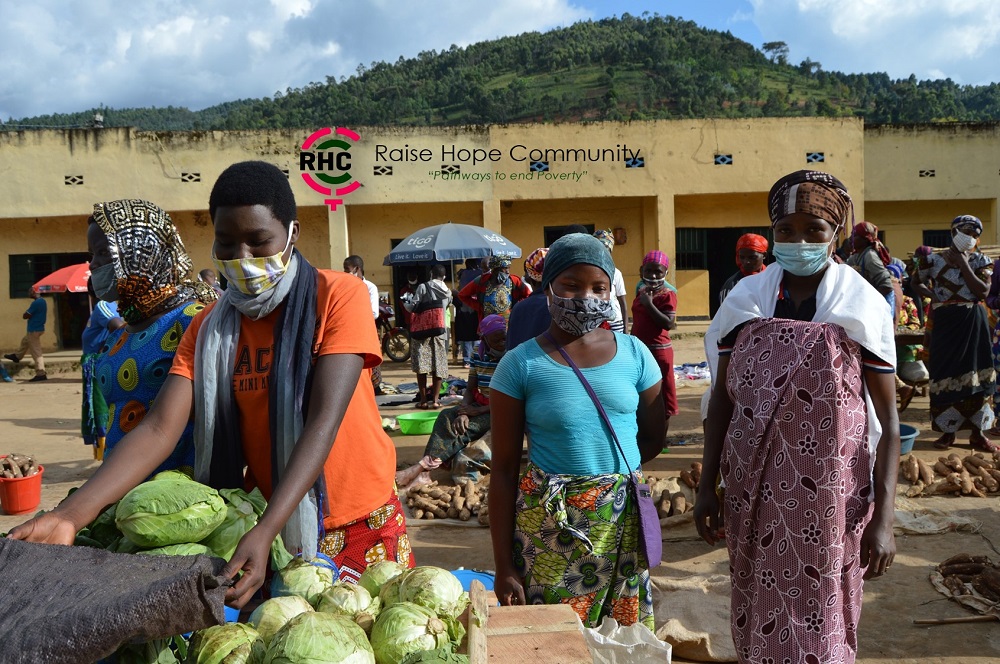Sustainable livelihoods
In Rwanda, 4 in 10 people live in poverty, surviving on less than $1.90 per day. Women facing heightened vulnerability. Over 86.3% of households rely on agriculture, yet 1 in 5 experience food shortages. Child stunting affects 3 in 10. In the community we served, 4 in 10 households suffer food shortages, worsening malnutrition in both children and mothers. We call to bridge these gaps to improve livelihoods, food security, and access to essentials, especially for women-led households
Solution
We empower women as frontlines to improve maternal and child health through nutrition education, and access to nutritious foods. We initiate women-led co-create farming enterprises to enhance food security and empower families economically, through training, resources, and access to markets to treat all forms of hunger.
Women Empowerment
As the world continues to voice up 132 years to reach gender equality. Women in Rwanda are needling with more struggle, 1 in 2 women face barriers to financial resources and skills, 4 in 10 experience gender-based violence, 8% are polygyny and 12% of polygyny are from poor households. Every hour 2 teenage girls get impregnated and 9% are marrying by age 18, with many adolescent girls facing early pregnancies without adequate support structures. Which deprives and undermines young girls of their rights, and perpetuates intergenerational cycles of poverty, imposing more hardships on existing in society, norms, as well as economic disparity between women and men.
Solution
The RHC creates safe spaces facilitating women's empowerment, fostering self-reliance and autonomy. Through access to sexual and reproductive health services and financial literacy skills and resources needed to generate income to enhance women's decision-making within their households. Mentorship programs empower women to become leaders and advocates, challenging societal norms and combating gender-based violence and early pregnancies in their communities.
Community Development
As inequity remains, gaps in gender equality, and economic, and community disparities continue to exist. In Rwanda, vulnerable communities are affected by multifaceted causes of poverty where women and girls continue to bear consequences, yet there is a lack of a supporting system that provides the structured right interventions in response to the challenges!
Solution
RHC co-creates initiatives that address the demands and needs of women and teen mothers survivors of gender violence, social norms, and poverty-related within the community we serve. We support reintegration services, and sustainable programs that address social protection interventions for improved quality of life and living for women, girls, and vulnerable communities
Stay Connected
Subscribe to our monthly newsletter to receive our new stories from the field, photos, and videos about our work.




